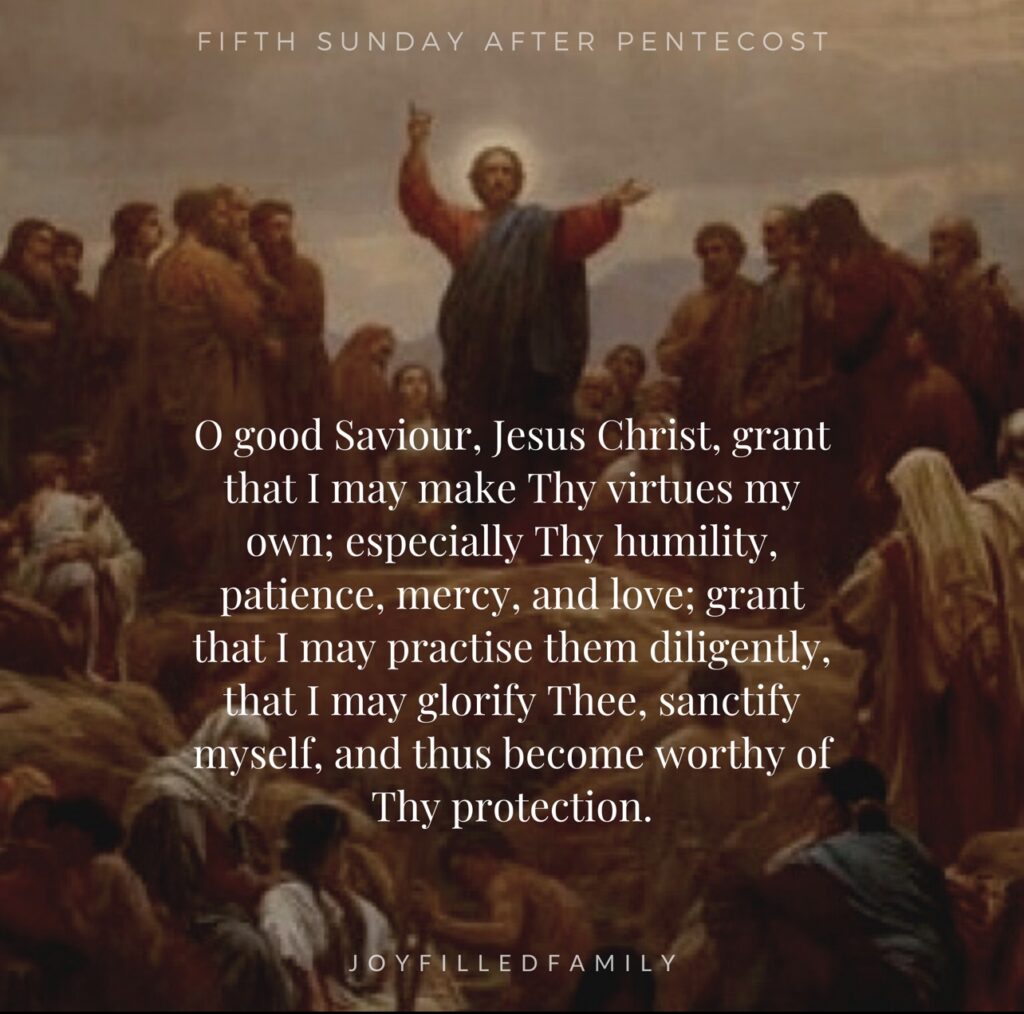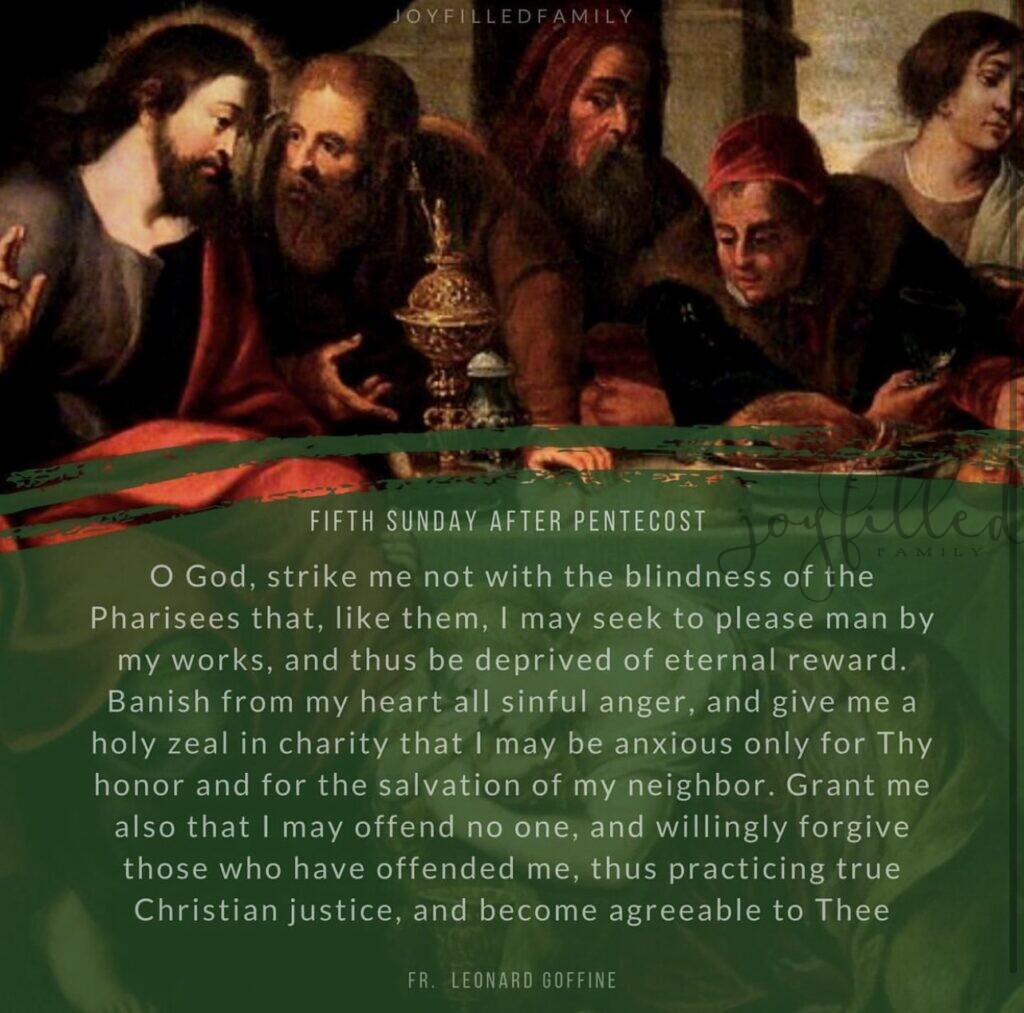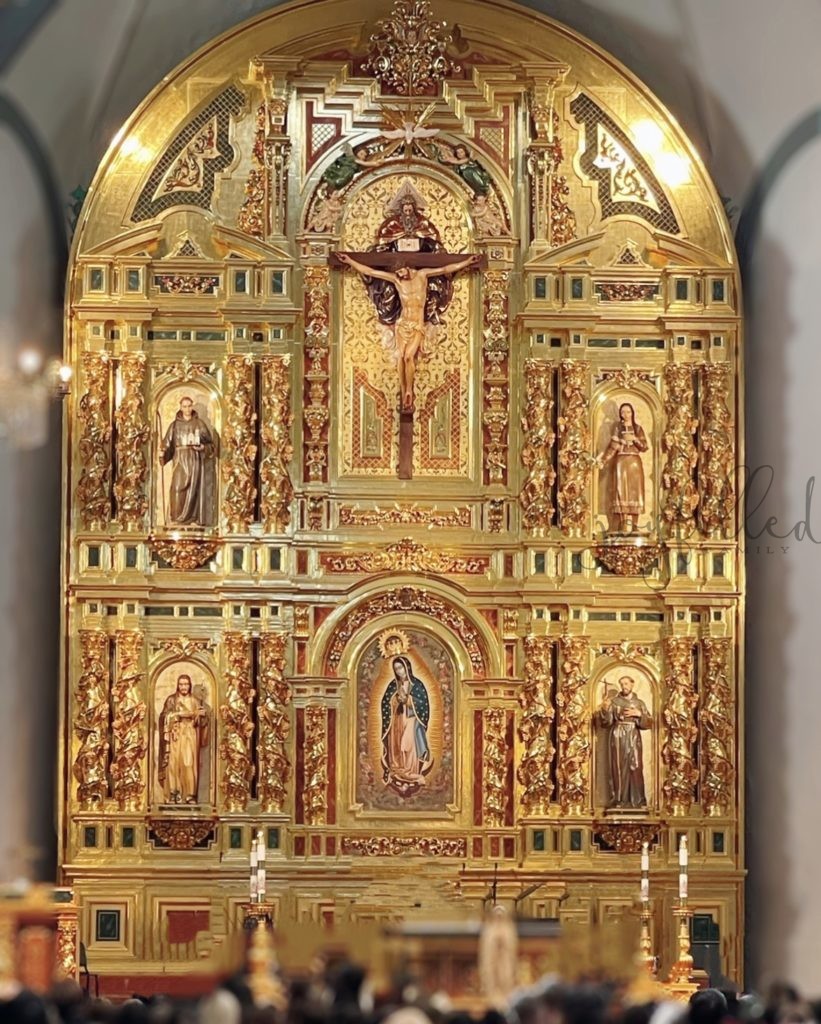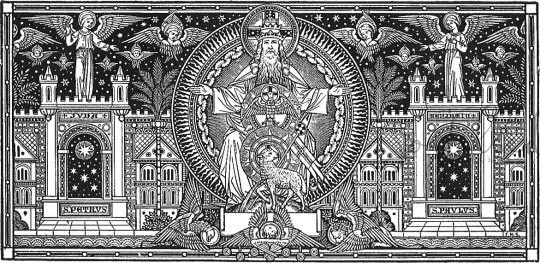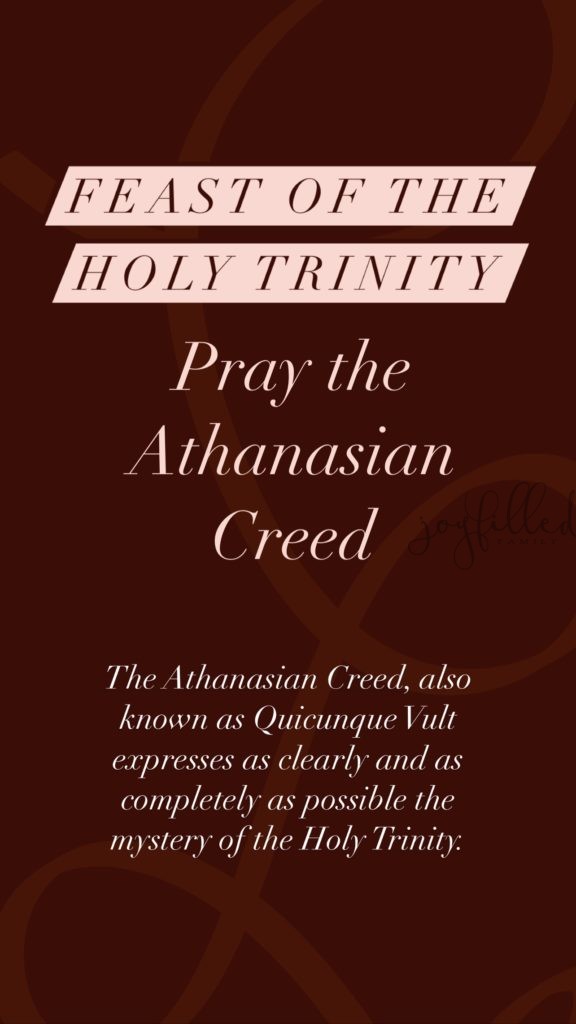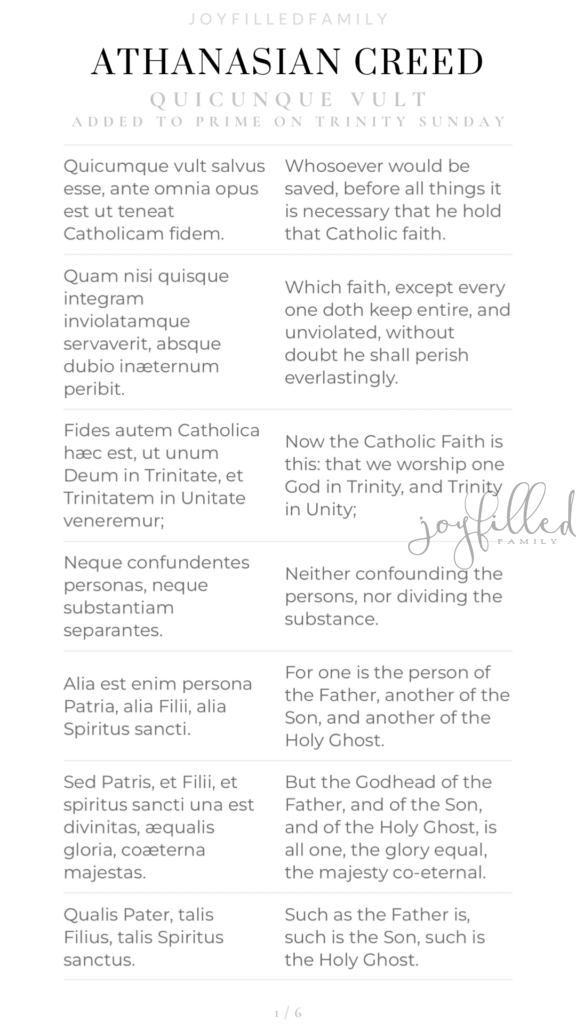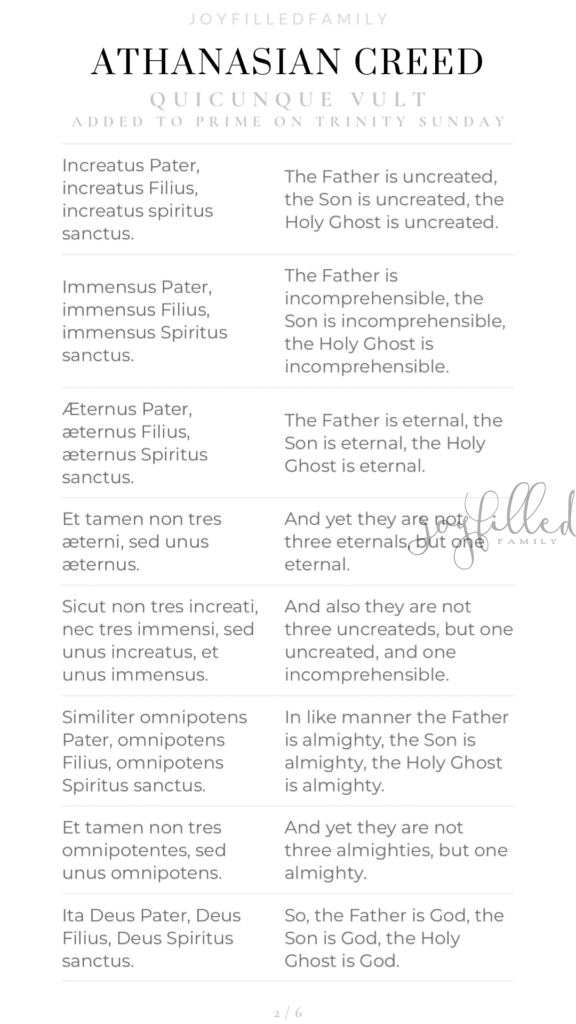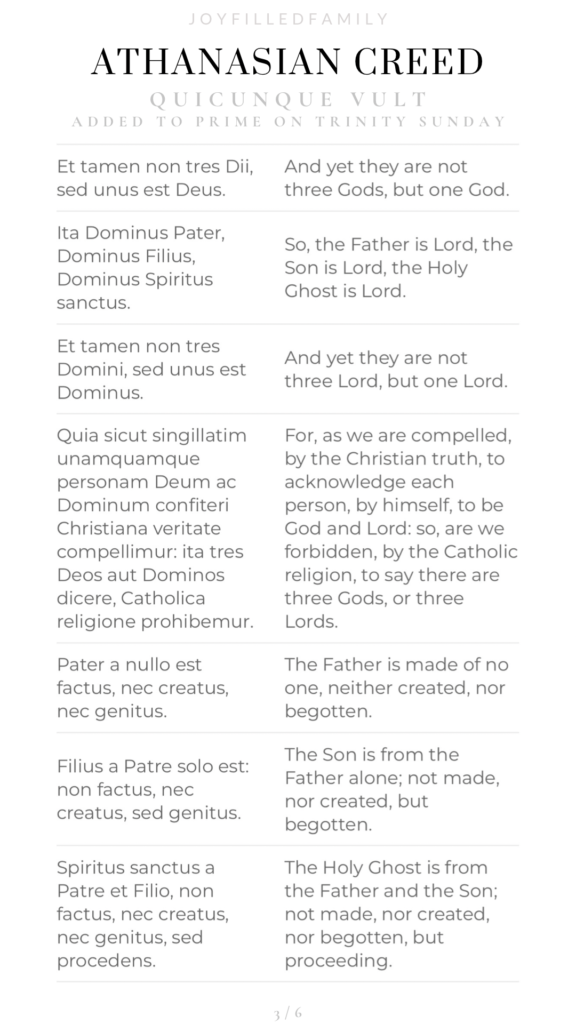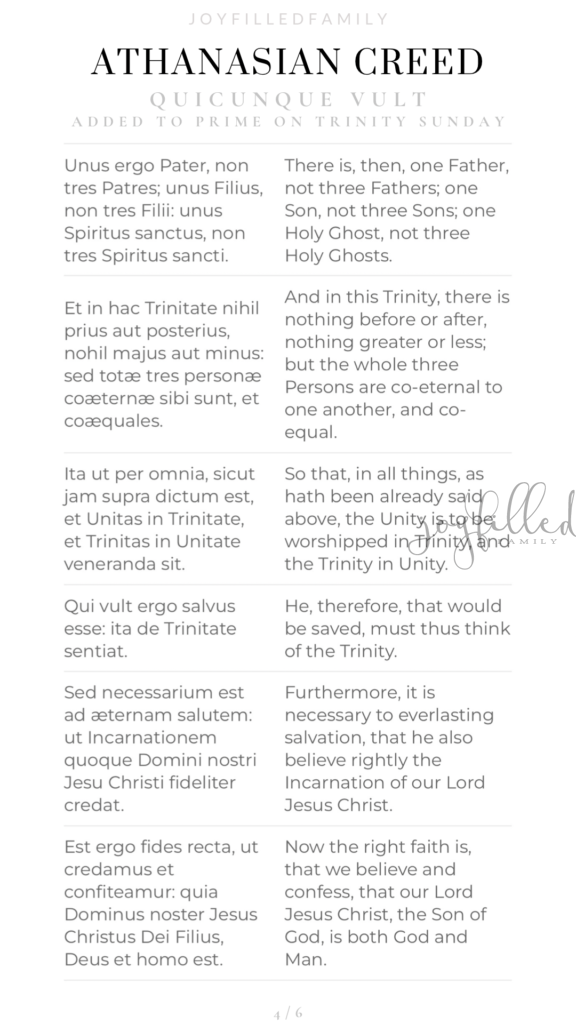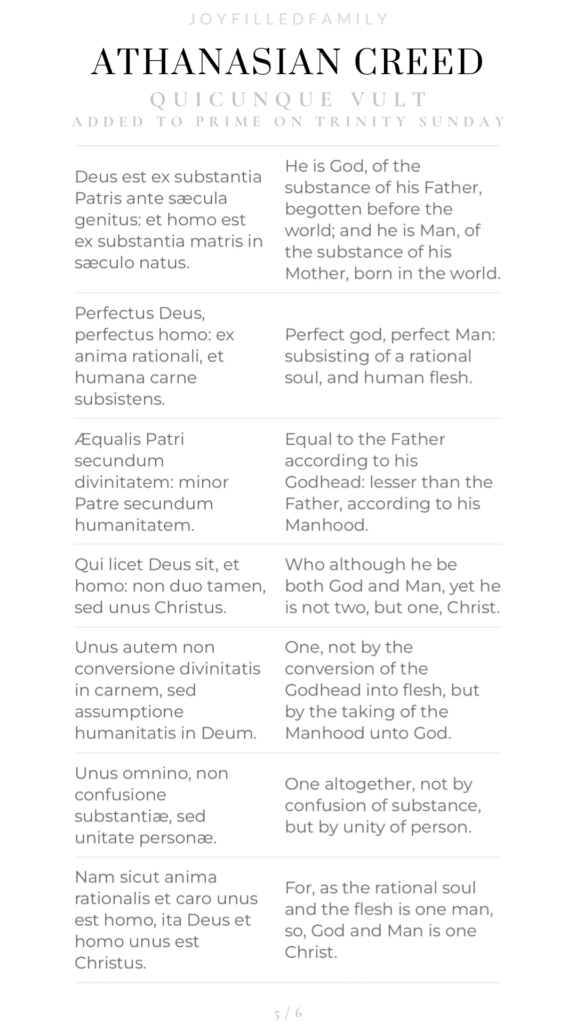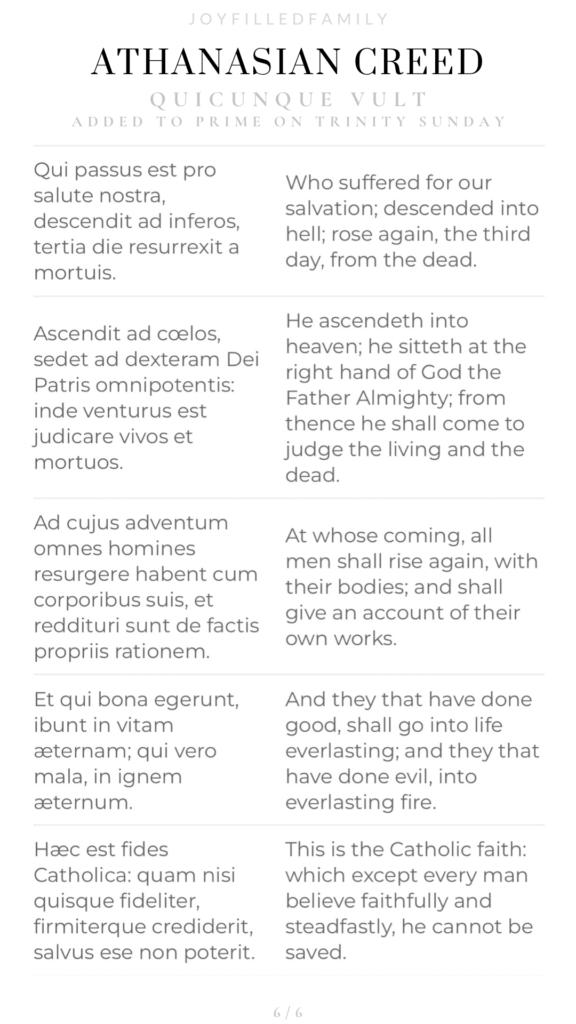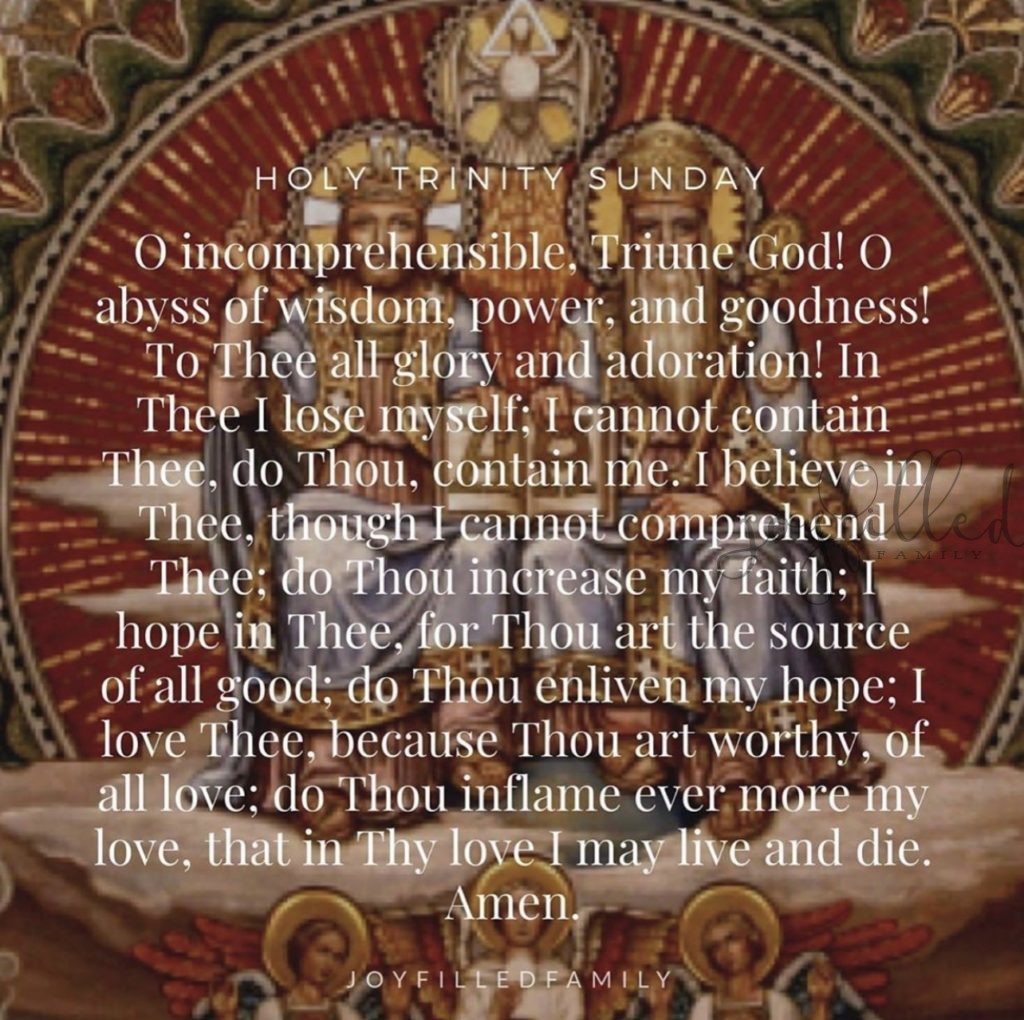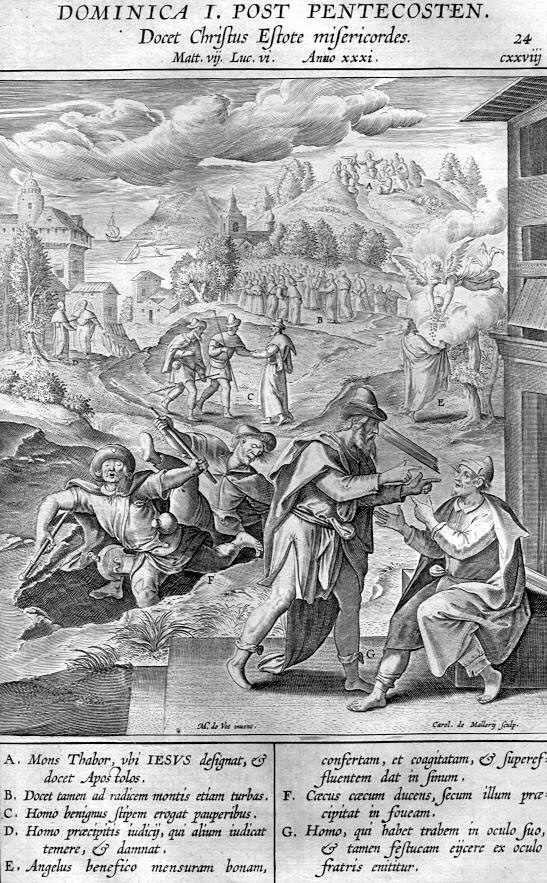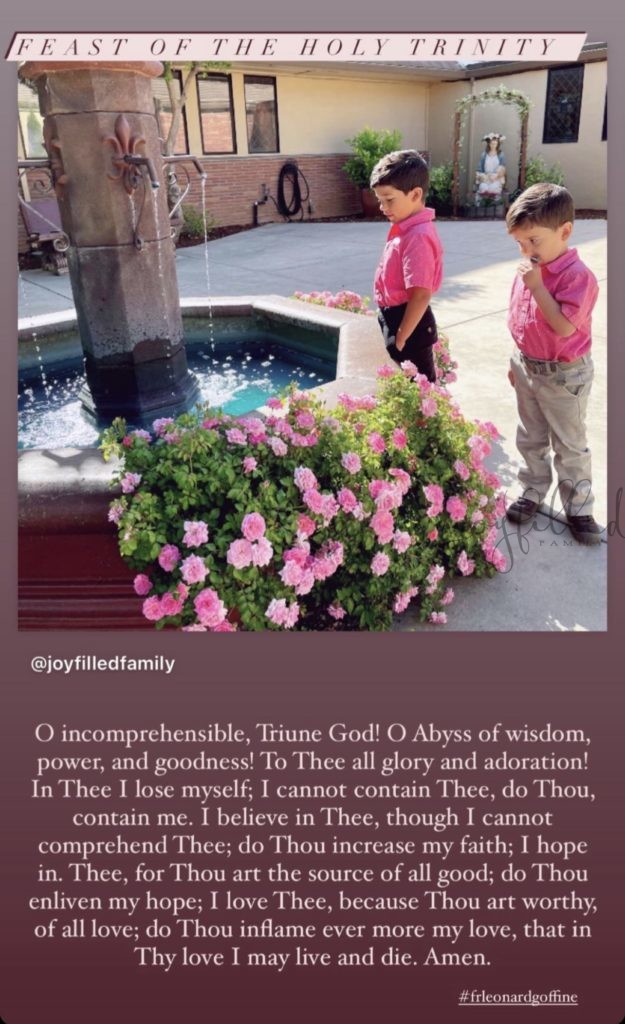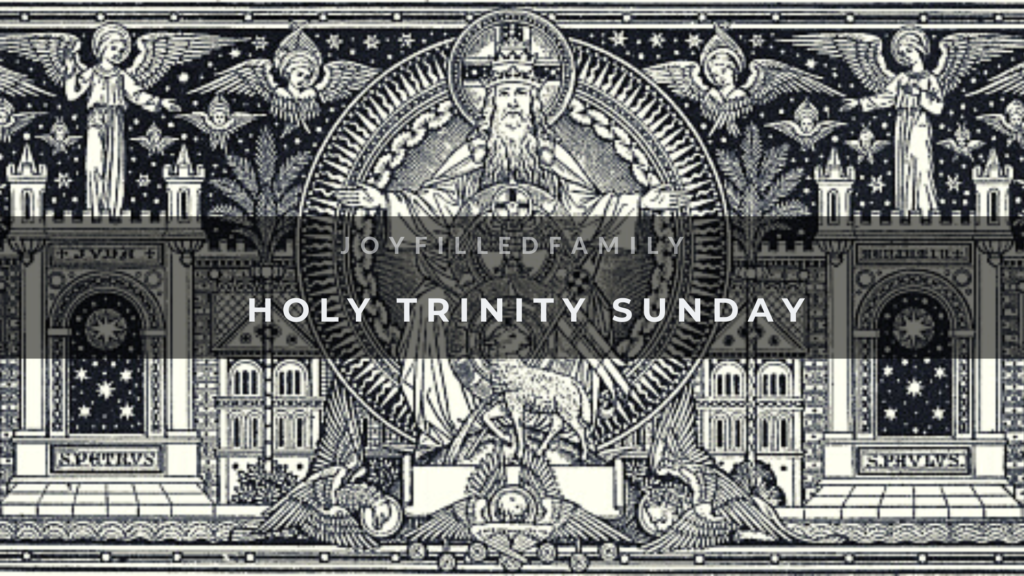Reverence the House of God
“My house is a house of prayer” (Luke, 19:46)
Sermon from Archbishop Lefebvre
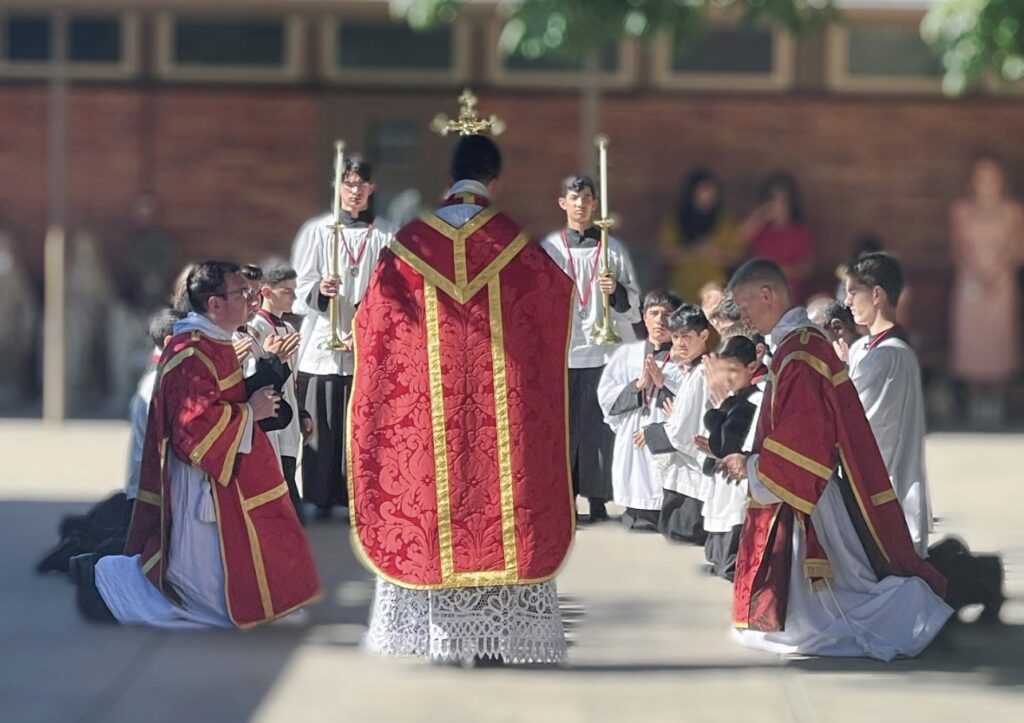
Our Blessed Lord always showed great reverence for the temple of Jerusalem. It was to this majestic edifice that He came at the age of twelve to manifest His reverence for His heavenly Father. Hence, when He found in the temple certain activities repugnant to the respect and the honour due to the house of God He showed justifiable anger in driving out those who were engaged in buying and selling and money-changing. St. John tells us that on this occasion Christ used a whip to put to flight those who were busy with this trafficking (John, 2:15).
If the temple of Jerusalem, where only symbolic sacrifices were offered, mere images of the sacrifice that was to be offered on Calvary, was so worthy of reverence, certainly much more deserving of honour is the Catholic church in which the holy sacrifice of the Mass is daily offered with Christ Himself as the principal Priest and Victim. The Catholic church is not a mere meeting-house where the congregation assembles to listen to a sermon, as is the case with Protestant churches. The Catholic church is the dwelling place of the Son of God, for Christ remains present on the altar night and day under the lowly appearances of bread, that He may give grace and consolation to those who come to kneel before Him.
This is the reason why Catholics manifest such great reverence in their churches. When a Catholic enters the church, his first thought should be that he is coming into the presence of Jesus Christ. His first act of homage should be to the Blessed Sacrament. Before he pays homage to any of the saints, or even to the Blessed Virgin, he should visit the altar on which the Blessed Sacrament is reserved-generally the high altar in our country–and there kneel in adoration. The Church grants an indulgence to those who, on entering a church, proceed immediately to the altar of the Blessed Sacrament and there make even a brief act of adoration (Raccolta, n. 147).
Because of the reverence due to the church, Catholics should not converse unnecessarily, and still less laugh and joke boisterously in church. Such conduct is likely to happen at weddings. Finally, when a Catholic man is passing before the church, he should tip his hat, and a woman should bow as an act of adoration to Our Lord in the Blessed Sacrament. This act is also indulgenced by the Church (Raccolta, n. 146).
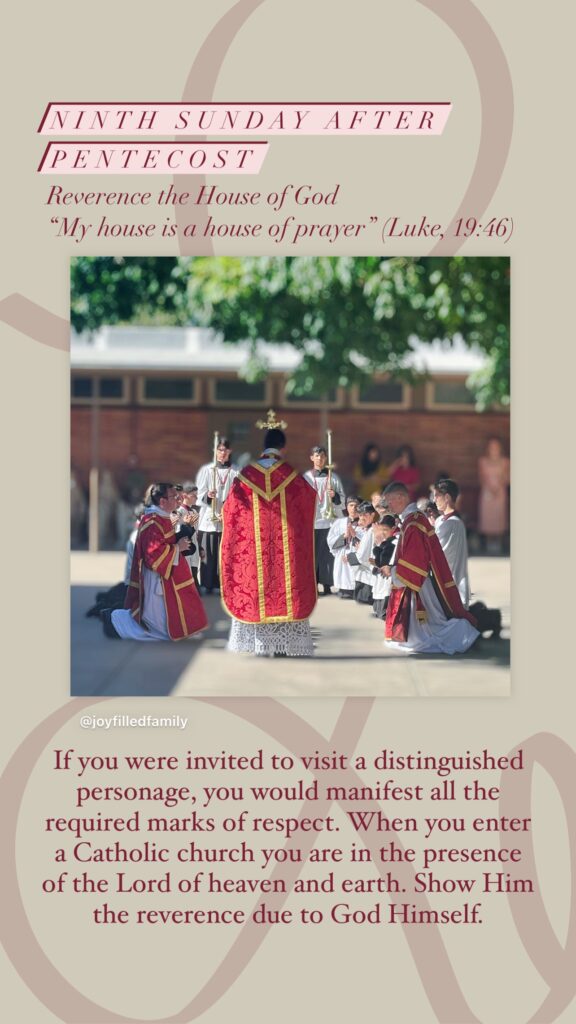
Practical Application
If you were invited to visit a distinguished personage, you would manifest all the required marks of respect. When you enter a Catholic church you are in the presence of the Lord of heaven and earth. Show Him the reverence due to God Himself.
Liturgy: Ninth Sunday after Pentecost – Thou Has Not Known the Time of Thy Visitation
Today’s liturgy lays stress on the terrible punishments which will one day be inflicted on those who have denied Christ. They will all perish and not one of them will enter the kingdom of heaven.
Those who have been faithful to Him through all the adversities of this life, will also one day be saved from the hands of their enemies and will follow Him into heaven, whither He went at His Ascension, whose feast the Church celebrates at Paschaltide.
But divine justice is not content with protecting the just against their enemies and with rewarding them for their fidelity; it punishes also those who do evil. The Israelites who tempted Christ by their murmurings perished by fiery serpents (Epistle), and Jerusalem, over which our Lord wept and whose punishment he foretold for its rejection of Himself, was destroyed by war and fire (Gospel).
More than a million Jews perished at the destruction of Jerusalem because they had rejected the Messias, and in the Gospel, our Lord always compared this tragic ending to the catastrophies which will mark the end of all time when God will come to judge the world by fire.
At that moment, the divine judge will accomplish the separation of the good from the evil, rewarding the first and banishing from the kingdom of God all who have denied Him by their unbelief or their sin, just as He drove from the Temple, the type of the Church on earth and in heaven, the traffickers who had transformed that house of God into a den of thieves (Gospel). For then the time of mercy will have passed, and that of justice only will remain. “Wherefore,” says the apostle, “he that thinketh himself to stand, let him take heed lest he fall” (Epistle).
Source: Dom Gaspar Lefebvre, OSB, 1945, adapted and abridged.
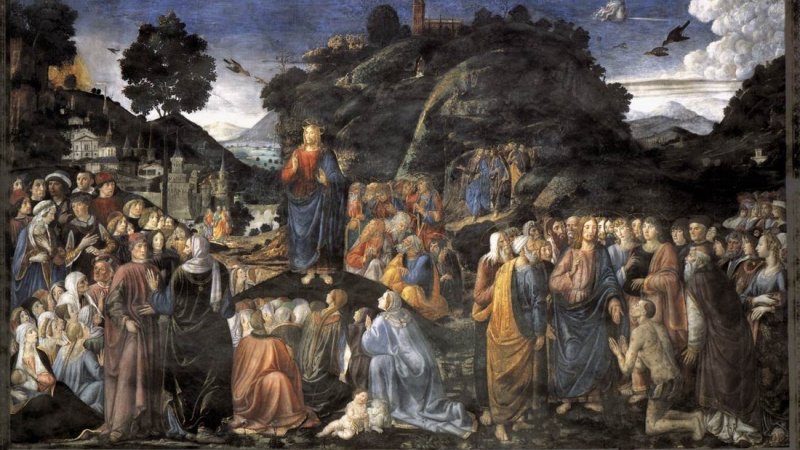
A sermon on the Soul for the Ninth Sunday after Pentecost by St. Jean-Marie Vianney
“And when He drew near, seeing the city, He wept over it.” —Luke xix. 41.
When Jesus was about to enter the city of Jerusalem, He wept over it, saying: “If thou wouldst at least have understood the grace I bring thee, and wouldst have derived benefit therefrom, then thou wouldst have still obtained forgiveness; but no, thy blindness has gone so far that all these graces have served only to harden thee, and to increase thy misfortune; thou didst kill the prophets and the children of God, and now thou wilt reach the pinnacle of thy crimes by putting to death the Son of God Himself.” This it was, my dear friends, that caused Jesus to shed copious tears when He was about to enter the city. In the calamity thus foretold, He foresaw and deplored the loss of so many souls, far more guilty than the Jews, because favoured with so many more graces. What moved Him so deeply was that, notwithstanding His merits and His bitter passion, which would have been sufficient to redeem more than a thousand worlds, the greater part of humanity would be lost. Indeed, even among ourselves, He perceived those who despise His graces and employ them only for their own destruction. Who would not tremble, when seriously thinking of saving his soul? Has not Christ warned us under His tears: “If my death and my blood do not serve for thy salvation, they will arouse the everlasting wrath of my Father.”
Is it conceivable, my friends, that in spite of all Jesus has done for the salvation of our soul, we could be indifferent? For the purpose of expelling this indifference from among us, let me endeavour to show you what a soul really is and our obligation toward our soul.
My dear friends, if we would really appreciate the value of our souls, with what care and zeal would we not try to save it! But we never really comprehend its value. To show the great value of a soul is impossible to mortal man. God alone knows the beauties and perfections with which He has adorned a soul. Let me point out to you that God has created heaven and earth, and all they contain, and all these wonders have been created for its benefit. Our catechism gives us an indication of the magnificence of the soul. If you ask a child, “What is understood by saying that ‘man is a creature whose soul is made to the image and likeness of God?’” the child will answer, “That the soul, like God, possesses the faculties to reason, to love, and to act on its own free will.” This, my friends, is the highest testimonial to the qualities with which God has adorned the soul, that it was created by the three persons of the Most Holy Trinity after their own likeness. A spirit like unto God, capable for all eternity of recognizing the sublimities and perfections of God; a soul which is the object of love of the three divine persons, a soul capable of adoring God in all His works; a soul whose whole destiny will be to sing the praises of the Almighty; a soul which has freedom in its actions, so that it may give its affection and its love wheresoever it pleases. It is free to love God or not love Him, but when fortunate enough to turn to God in love, then God Himself seems to be the will of such a soul, and dwells therein in happiness. We may positively state that, since the creation of the world there has never been anything refused to a soul if it was given over entirely to His love. God has instilled our souls with desires which find their gratification not in this world. Give a soul all the joys and treasures of this world, and it will not be satisfied, for the simple reason that God has created the soul for Himself. He alone is capable of satisfying its longings.
Yes, my friends, our soul is capable of loving God, and the love of God alone forms its happiness. If we love Him, all the good and the pleasures which we could ever hope for on earth or in heaven, are ours. We are furthermore enabled to serve God, that is, to glorify Him in our works and actions. There is nothing, down to the most insignificant action, by which it would not be possible for us to glorify the Lord, provided we perform this action out of love for Him. Our occupations upon earth are different from the occupation of the angels in heaven only inasmuch as we cannot as yet behold the Lord with our human eyes, but only with the eyes of faith.
Our soul is so noble, adorned with such beautiful qualities that God entrusted every soul to the care of a prince of His heavenly household, to a guardian angel. Our soul is so precious in the eyes of God, that in His wisdom He could find no worthier food for it than His own divine body, of which the soul may partake as its daily bread, if it so desires. St. Ambrose says, that God esteems our soul so much, that if there had been only one soul in the world, He would not have considered it too great a sacrifice to die for this one soul. He said to St. Teresa: “Thou art so agreeable to me, that, if there had not been a heaven, I would have created one for thee alone.”
“O body, how happy thou art!” exclaims St. Bernard, “to harbor a soul which is adorned with such beautiful graces!” Our soul is something so great, so precious, that nothing but God alone surpasses it. God once showed a soul to St. Catherine. She found it so beautiful that she exclaimed: “Oh, my Lord, if my faith did not teach me that there is only one God, I should believe this soul is another God. I can now understand that Thou hast died for so beautiful a soul!”
Our soul, my dear friends, will be as immortal as God Himself. Can we be surprised, therefore, that God, knowing the value of the soul so well, weeps such bitter tears at the loss of such a soul?
Now, let us consider how much care we must employ to preserve in our soul its great beauties. Oh, my friends, God is so sad over the loss of a soul, that He even wept over it. Already in His prophets, He weeps and bewails the loss of souls. We can see this clearly in the person of the prophet Amos. The prophet says: “When I had retired into solitude and meditated upon the terrible number of crimes which God’s own people committed every day, and when I saw that God’s wrath was ready to descend upon them, and that the abyss of hell was about to open and devour them, then I gathered them together, and said to them, with bitter tears: Oh, my children do you know what my occupation is by day and by night? It is to recall to my mind, in the bitterness of my heart, all your sins. If I fall asleep from exhaustion, I rouse myself immediately, and cry out, my eyes bathed in tears and my heart torn with pain: Oh, my God, my God! is there a soul left in Israel which does not offend Thee? And then, my mind filled with this sad and deplorable state of things, I speak to the Lord and, sighing bitterly in His presence I say: Oh, my God, what must I do to obtain pardon for them? And now listen what the Lord has told me: Prophet, if thou wouldst obtain pardon for these ungrateful people, go into their streets and public places, and let them resound with your lamentations; go into the stores of the merchants, and into the workshops; go into the courts of law; go to the houses of the rich, and the huts of the poor, say to them all, where thou findest them within or without the gates of the city: Woe, woe, unto you, who have sinned against the Lord.”
The prophet Jeremias, dear brethren, goes further still. To show us how grievous the loss of a soul is to God, he exclaims at a moment when he was inspired by the spirit of God: “Ah, my God, what will become of me? Thou hast confided to my care a rebellious people, an ungrateful nation, who will neither listen to Thee nor be subject to Thy guidance. Alas! what shall I do? What resolution shall I take? And the Lord answered me: So as to show them how sorrowfully I am touched at the loss of their souls, take thy hair, tear it from thy head, and throw it far from thee: for the sins of this people has obliged me to forsake them, and my anger is enkindled in the interior of their souls.” When the anger of God is enkindled on account of sin, that is the greatest sickness of the heart. “But, O Lord,” said the prophet, “what shall I do to induce Thee to turn away Thy angry regard from Thy people? Take a sack as raiment, said the Lord to me, strew ashes upon thy head, and weep without ceasing and in such abundance that thy tears will cover thy face, and weep so bitterly that your sins will be drowned in your tears.”
Do you realize, dear brethren, how grievous the loss your souls is to God? You see how miserable we are when we destroy a soul which God has so loved that He, when He had not yet eyes to weep with, borrowed the eyes of the prophet to shed bitter tears at their loss. The Lord says by His prophet Joel: “Weep over the loss of souls, as a young wife who has just lost her husband, who was her only consolation, and who is exposed to all kinds of misfortune.”
If we then consider what it had cost Christ to save our souls; if we consider His whole life, beginning with His lowly birth to His last breath on Calvary, all this suffering of a Godman, infinite in value, will tell us the value of our soul, because all He did was to redeem that soul, was the price paid for our souls.
If, on the other hand, we see what the devil is doing in order to destroy your soul, indeed your soul must be very valuable if he uses all his forces to destroy it. We will, however, not look into this sad picture. Enough to know that he is our greatest enemy, and that we must fight him, and that, with Christ’s grace, we can overcome him.
How true are, therefore, the words of Scripture: What does it profit man to gain the whole world if he lose his soul? O beloved brethren, the knowledge of the value of your soul should move you to guard it as your greatest treasure. Do not allow sin to blemish or to destroy it. As you know that sin will cause the loss of your beautiful soul, guard it, and let this be your resolution on this morning not only to avoid all mortal sin, but even every wilful venial sin, so as to save your soul for heaven, and allow it to reach its destiny, its home, and its reward, the eternal sight of the great glory of God. Amen.

Rev. Fr. Leonard Goffine’s
The Church’s YearINSTRUCTION ON THE NINTH SUNDAY AFTER PENTECOST
Implore God for help and protection against all temptations both visible and invisible, and say with the priest at the Introit:
INTROIT Behold, God is my helper, and the Lord is the protector of my soul: turn back the evils upon my enemies, and cut them off in thy truth, O Lord, my protector. (Ps. LIII.) Save me, O God, by thy name, and deliver me in thy strength. Glory etc.
COLLECT Let the ears of Thy mercy, O Lord, be open to the prayers of Thy suppliants: and that Thou mayest grant them their desires, make them to ask such things as please Thee. Through etc.
EPISTLE (I Cor. X. 6-13.) Brethren, Let us not covet evil things, as they also coveted. Neither become ye idolaters, as some of them: as it is written: The people sat down to eat and drink, and rose up to play. Neither let us commit fornication, as some of them committed fornication, and there fell in one day three and twenty thousand. Neither let us tempt Christ, as some of them tempted, and perished by the serpents. Neither do you murmur, as some of them murmured, and were destroyed by the destroyer. Now all these things happened to them in figure, and they are written for our correction, upon whom the ends of the world are come. Wherefore he that thinketh himself to stand, let him take heed lest he fall. Let no temptation take hold on you, but such as is human: and God is faithful, who will not suffer you to be tempted above that which you are able but will make also with temptation issue that you may be able to bear it.
Can we sin by thought and desire? Yes, if we desire evil and forbidden things, or voluntarily think of them with pleasure, for God prohibits not only evil deeds, but evil thoughts and desires inregard to our neighbor’s wife or goods. (Exod. XX. 17.) Christ says, (Matt. V. 28.) that he who looks upon a woman with evil desire, has already committed adultery. But wicked thoughts and imagination are sinful only when a person consents to, or entertains them deliberately. They become, however, an occasion of gaining merit, if we earnestly strive against them. For this reason God sometimes permits even the just to be tempted by them.
What is meant by tempting God? Demanding presumptuously a mark or sign of divine omnipotence, goodness or justice. This sin is committed when without cause we desire that articles of faith should be demonstrated and confirmed by a new miracle; when we throw ourselves needlessly into danger of body or soul expecting God to deliver us; when in dangerous illness the ordinary and, natural remedies are rejected, and God’s immediate assistance expected.
Is it a great sin to murmur against God? That it is such may be learned from the punishment which God inflicted on the murmuring Israelites; for besides Kore, Dathan, and Abiron whom the earth devoured, many thousands of them were consumed by fire; and yet these had not murmured against God directly, but only against Moses and Aaron whom God had placed over them as their leaders. From this it is seen that God looks upon murmuring against spiritual and civil authority, instituted by Him, as murmuring against Himself. Hence Moses said to the Israelites: Your. murmuring is not against us, but against the Lord. (Exod. XVI. 8.)
ASPIRATION Purify my heart, I beseech. Thee; O Lord, from all evil thoughts and desires. Let it never enter my mind to tempt Thee, or to be dissatisfied with Thy fatherly dispensations. Suffer me not to be tempted beyond my strength, but grant me so much fortitude, that I may overcome all temptations, and even derive benefit from them for my soul’s salvation.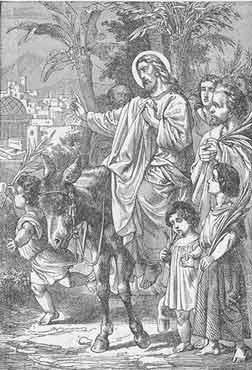 GOSPEL (Luke XIX. 41-47.) At that time, when Jesus drew near Jerusalem, seeing the city, he wept over it, saying: If thou also hadst known, and that in this thy day, the things that are to thy peace: but now they are hidden from thy eyes. For the days shall come upon thee, and thy enemies shall cast a trench about thee, and compass thee round, and straiten thee on every side, and beat thee flat to the ground, and thy children who are in thee: and they shall not leave in thee a stone upon a stone, because thou hast not known the time of thy visitation. And entering into the temple, he began to cast out them that sold therein, and them that bought, saying to them: It is written, My house is the house of, prayer, but you have made it a den of thieves. And he was teaching daily in the temple.
GOSPEL (Luke XIX. 41-47.) At that time, when Jesus drew near Jerusalem, seeing the city, he wept over it, saying: If thou also hadst known, and that in this thy day, the things that are to thy peace: but now they are hidden from thy eyes. For the days shall come upon thee, and thy enemies shall cast a trench about thee, and compass thee round, and straiten thee on every side, and beat thee flat to the ground, and thy children who are in thee: and they shall not leave in thee a stone upon a stone, because thou hast not known the time of thy visitation. And entering into the temple, he began to cast out them that sold therein, and them that bought, saying to them: It is written, My house is the house of, prayer, but you have made it a den of thieves. And he was teaching daily in the temple.
Why did our Saviour weep over the city of Jerusalem? Because of the ingratitude and obduracy of its inhabitants who would not receive Him as their Redeemer, and who through impenitence were hastening to destruction.
When was the time of visitation? The period in which God sent them one prophet after another who urged them to penance, and whom they persecuted, stoned, and killed. (Matt. XXIII. 34.) It was especially the time of Christ’s ministry, when He so often announced His salutary doctrine in the temple of Jersualem, confirmed it by miracles, proving Himself to be the Messiah, the Saviour of the world, but was despised and rejected by this hardened and impenitent city.
Who are prefigured by this hardened and impenitent city? The hard-hearted, unrepenting sinners who will not recognize the time of God’s visitation, in which He urges them by the mouth of His preachers, confessors, and superiors, and by inward inspiration to reform their lives and seek the salvation of their soul, but who give no ear to these admonitions, and defer conversion to the end of their lives. Their end will be like to that of this impious city; then the enemy, that is, the evil spirit, will surround their soul, tempt, terrify, and drag it into the abyss of ruin. Oh, how foolish it is to squander so lightly, the time of grace, the days of salvation! Oh, how would the damned do penance, could they but return to earth! Oh, how industriously would they employ the time to save their soul! Use, then, my dear Christian, the time of grace which God designs for you, and which, when it is run out or carelessly thrown away, will not be lengthened for a moment.
Will God conceal from the wicked that which serves for their salvation? No; but while they are running after the pleasures of this life, as St. Gregory says, they see not the misfortunes treading in their footsteps, and as consideration of the future makes them uncomfortable in the midst of their worldly pleasures, they remove the terrible thought far from them, and thus run with eyes blindfolded in the midst of their pleasure into eternal flames. Not God, but they themselves hide the knowledge of all that is for their peace, and thus they perish.
ASPIRATION. I beseech Thee, O Lord, who didst weep over the city of Jerusalem, because it knew not the time of its visitation, to enlighten my heart, that I may know and profit by the season of grace.
THE DESTRUCTION OF THE CITY AND TEMPLE OF JERUSALEM
Has our divine Savior’s prophecy concerning, the city of Jerusalem been fulfilled?
Yes, and in the most terrible manner. The Jews, oppressed by the Romans their cruel masters, revolted, killed many of their enemies, and drove them out of Jerusalem. Knowing well that this would not be permitted to pass unavenged, the Jews armed themselves for a desperate resistance. The Emperor Nero sent a powerful army under the command of Vespasian against the city of Jerusalem, which first captured the smaller fortresses of Judea, and then laid siege to the city. The want and misery of the inhabitants had already reached the highest pitch; for within the city ambitious men had caused conflicts; factions had been formed, daily fighting each other, and reddening the streets with blood, while the angry Romans stormed outside. Then a short time of respite was granted to the unfortunate Jews. The Emperor Nero was murdered at Rome in the year of our Lord 68; his successor Galba soon died, and the soldiers placed their beloved commander Vespasian upon the imperial throne. He then left Jerusalem with his army, but in the year he sent his son Titus with a new army to Judea, with orders to capture the city at any price, and to punish its inhabitants.It was the time of Easter, and a multitude of Jews had assembled from all provinces of the land, when Titus appeared with his army before the gates of Jerusalem, and surrounded the city. The supply of food was soon exhausted, famine and pestilence came upon the city and raged terribly. The leader of the savage revolutionists, John of Gischala, caused the houses to be searched, and the remaining food to be torn from the starving, or to be forced from them by terrible tortures: To save themselves from this outrageous tyrant, the Jews took the leader of a band of robbers, named Simon, with his whole gang into the city. John and Simon with their followers now sought to annihilate each other. John took possession of the temple. Simon besieged him; blood was streaming in the temple and in the streets. Only when the battle-din of the Romans was heard from without, did the hostile factions unite, go to meet the enemy, and resist his attack. As the famine increased, many Jews secretly left the city to seek for herbs. But Titus captured them with his cavalry, and crucified those who were armed. Nearly five hundred men, and sometimes more, were every day crucified in sight of the city, so that there could not be found enough of crosses and places of execution; but even this terrible sight did not move the Jews to submission. Incited by their leaders to frenzy, they obstinately resisted, and Titus finding it impossible to take the city by storm, concluded to surround it by walls in order to starve the inhabitants. In three days his soldiers built a wall of about ten miles in circumference, and thus the Saviour’s prediction was fulfilled: Thy enemies shall cast a trench about thee, and compass thee round, and straiten thee on every side.The famine in this unfortunate city now reached its most terrific height; the wretched inhabitants searched the very gutters for food, and ate the most disgusting things. A woman, ravenous from hunger, strangled her own child, roasted it, and ate half of it; the leaders smelling the horrible meal, forced a way into the house, and by terrible threats compelled the woman to show them what she had eaten; she handed them the remaining part of the roasted child, saying.: “Eat it, it is my child; I presume you are not more dainty than a woman, or more tender than a mother.” Stricken with horror they rushed from the house. Death now carried away thousands daily, the streets and the houses were full of corpses: From the fourteenth of April when the siege commenced. to the first of July, there were counted one hundred and fifty-eight thousand dead bodies; six hundred thousand others were thrown over the walls into the trenches to save the city from infection. All who could flee, fled; some reached the camp of the Romans in safety; Titus spared the helpless, but all who fell into his hands armed, were crucified. Flight offered no better security. The Roman soldiers had learned that many Jews had swallowed, gold to secure it from the avarice of the robbers, and therefore the stomachs of many were cut open. Two thousand such corpses were found one morning in the camp of the Romans. The attempts of Titus to prevent this cruelty were unavailing. Finally, when misery had reached its height, Titus succeeded in carrying the fort, Antonia, and with his army forced a passage as far as the temple which had been held by John of Gischala with his famous band. Desirous of saving the temple, Titus offered the revolutionists free passage from it, but his proposition was rejected, and the most violent contest then raged; the Romans trying to enter the temple, and being continually repulsed, at last, one of the soldiers seized a firebrand, and threw it into one of the rooms attached to the temple. The flames in an instant caught the whole of the inner temple, and totally consumed it, so that this prediction of our Lord was also fulfilled. The Romans butchered all the inhabitants whom they met, and Titus having razed the ruins of the temple and city, ploughed it over, to indicate that this city was never to be rebuilt. During the siege one million one hundred thousand Jews lost their lives; ninety-seven thousand were sold as slaves, and the rest of the people dispersed over the whole earth.Thus God punished the impenitent city and nation, over whose wretchedness the Saviour wept so bitterly, and thus was fulfilled the prediction made by Him long before.
What do we learn from this?
That as this prediction so also all other threats and promises of the Saviour will be fulfilled. The destruction of the city and temple of Jerusalem, the dispersion of the Jews, are historical facts which cannot be denied, and testify through all centuries to the truth of our Lord’s word: Heaven and earth shall pass away, but my words shall not pass away. (Matt. XXIV. 35.)
USEFUL LESSONS CONCERNING DEATH-BED REPENTANCE
Can a sinner rely upon his being converted at the end of his life? By no means, for this would be a sin against the mercy of God which is much the same as the sin against the Holy Ghost. “God,” says St. Augustine, “generally so punishes such negligent sinners, that in the end they forget themselves, as in health they forgot Him.” He says: They have turned their back to me, and not their face: and in the time of their affliction they will say: Arise, and deliver us! Where are the gods whom thou hast made thee? Let them arise and deliver thee in the time of thy affliction. (Jer. II. 27-28.) And although we have a consoling example in the case of the penitent thief, yet this, as St. Augustine says, is only one, that the sinner may not despair: and it is only one, so that the sinner may have no excuse for his temerity in putting off his repentance unto the end.
What may we hope of those who are converted at the close of life? Everything that is good if they be truly converted, but this is a very rare thing, as St. Augustine says: “It cannot be asserted with any security, that he who repents at the end has forgiveness;” and St. Jerome writes: “Scarcely one out of thousands whose life was impious, will truly repent at death and obtain forgiveness of sin;” and St. Vincent Ferrer says, “For a man who has lived an impious life to die a good death is a greater miracle than the raising of the dead to life.” We need not be surprised at this, for repentance at the end of life is extorted by the fear of death and the coming judgment. St. Augustine says, that it is not he who abandons sin, but sin abandons him, for he would not cease to offend God, if life were granted him. What can we expect from such a conversion?
When should we repent? While we are in health, in possession of our senses and strength, for according to the words of St. Augustine, the repentance of the sick is a sickly repentance. As experience proves, man while ill is so tormented and bewildered by the pains of sickness and the fear of death, by remorse of conscience, and the temptations of the devil as well as by anxiety for those whom he leaves, that he can scarcely collect his thoughts, much less fit himself for true repentance. Since it is so hard for many to do penance while they are in health, and have nothing to prevent them from elevating their mind to God, how much more difficult will it be for them, when the body is weakened and tortured by the pains of sickness. It has been made known by many persons when convalescent, that they retained not the slightest recollection of anything which occurred during their illness, and although they confessed and received the last Sacraments, they did not remember it. If then you have committed a grievous sin, do not delay to be reconciled as soon as possible by contrition and a sacramental confession. Do not put off repentance from day to day, for thereby conversion becomes more difficult, so much so that without extraordinary grace from God, you cannot repent God does not give His grace to the presumptuous scoffer.
